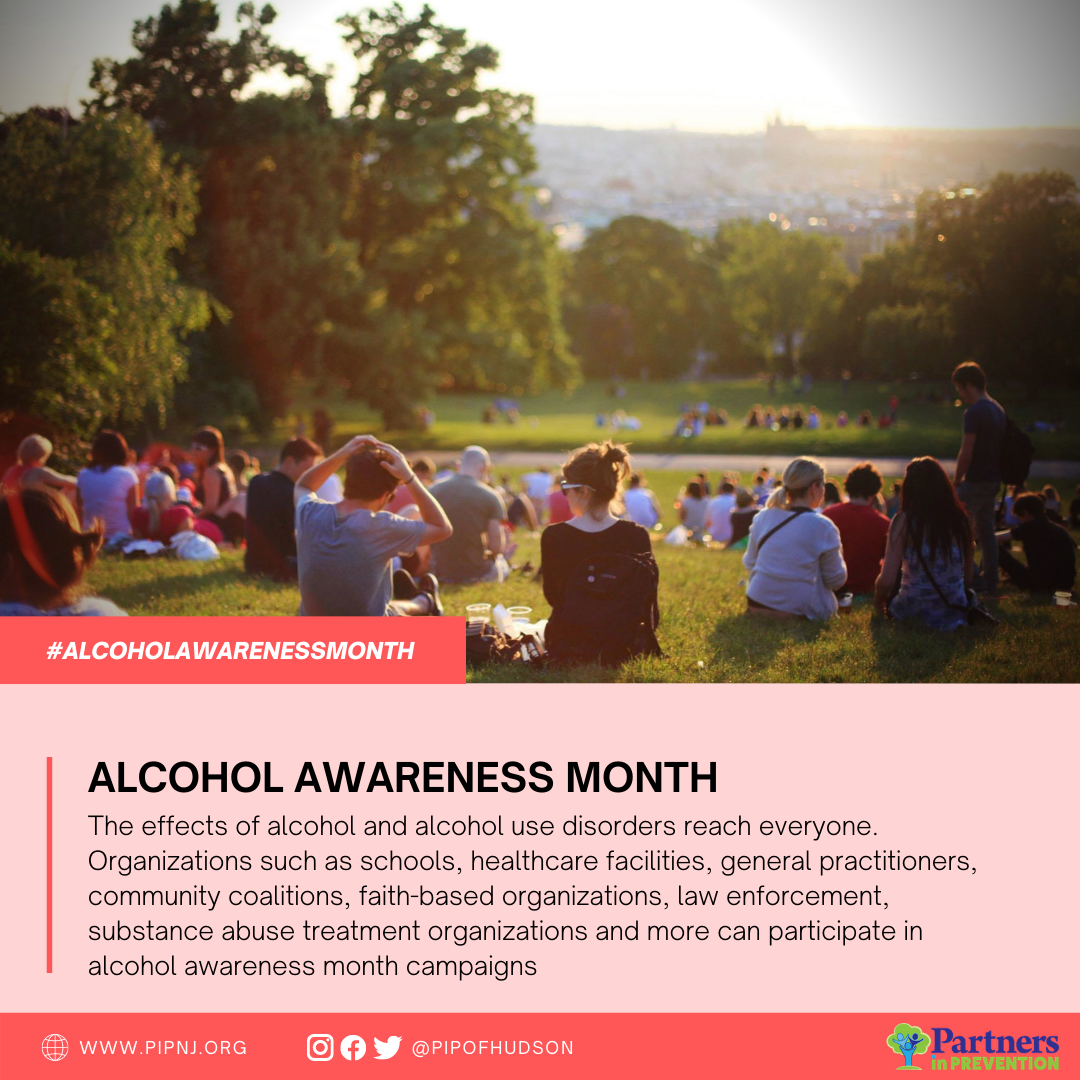
What is Alcohol Awareness Month?
Alcohol Awareness Month is a national public health awareness campaign sponsored by the National Council for Alcoholism and Drug Dependence (NCADD). It takes place every April. Alcohol Awareness Month was developed in order to increase awareness and understanding of the causes and treatment of one of our nation’s top public health problems: alcoholism. Established in 1987, alcohol awareness month allows communities to focus on spreading awareness and reducing the stigma associated with alcohol addiction. Observance of this awareness campaign also highlights the need for education on the dangers of unsafe alcohol consumptions.
Why is Alcohol Awareness Month important?
Alcohol is the most used substance by youth and adults in the United States. According to the National Institute of Health’s 2020 Monitoring the Future Survey, 55.3% of high school seniors used alcohol in the past year. Results of the 2019 National Survey on Drug Use and Health (NSDUH), demonstrated that 85.6 percent of people ages 18 or older reported that they drank alcohol at some point in their lifetime; 69.5 percent reported that they drank in the past year; 54.9 percent reported that they drank in the past month. In 2019, 25.8 percent of people ages 18 or older reported that they engaged in binge drinking in the past month; 6.3 percent reported that they engaged in heavy alcohol use in the past month. Alcohol is the third leading cause of preventable death in the United States. About 95,000 Americans die from alcohol-related causes each year.
Who is Alcohol Awareness Month for?
Anyone can participate in Alcohol Awareness Month initiatives and everyone benefits from learning more about public health awareness campaigns. As noted
above alcohol use is very prevalent in our nation. The effects of alcohol and alcohol use disorders reach everyone. Organizations such as schools, healthcare facilities, general practitioners, community coalitions, faith-based organizations, law enforcement, substance abuse treatment organizations and more can participate in alcohol awareness month campaigns. Individuals such as youth or parents can also participate in these initiatives. According to NCADD, local, state, and national events can be held to educate people about the treatment and prevention of alcoholism, particularly among our youth. Parents can play a very important role in giving kids a better understanding of the impact that alcohol can have on their lives.
This alcohol awareness month toolkit has been developed to help any interested party, plan and implement awareness initiatives that can be held during Alcohol Awareness Month. The goal of this toolkit is to raise alcohol awareness through various initiatives and activities, reduce the stigma associated with alcohol dependence, and share information on available resources in order to reduce barriers to treatment and recovery.
SOURCE: National Council on Alcoholism and Drug Dependence
Johnson LD, O’Malley PM, Bachman JG, Schulenberg JE, Miech RA. Monitoring the Future national survey
results on drug use, 1975-2013: Volume 1, Secondary school students. Ann Arbor, MI: Institute for Social
Research, University of Michigan, 2014: 32-36.
https://www.samhsa.gov/data/sites/default/files/cbhsqreports/
NSDUHNationalFindingsReport2018/NSDUHNationalFindingsReport2018.pdf
https://www.niaaa.nih.gov/publications/brochures-and-fact-sheets/alcohol-facts-and-statistics






















